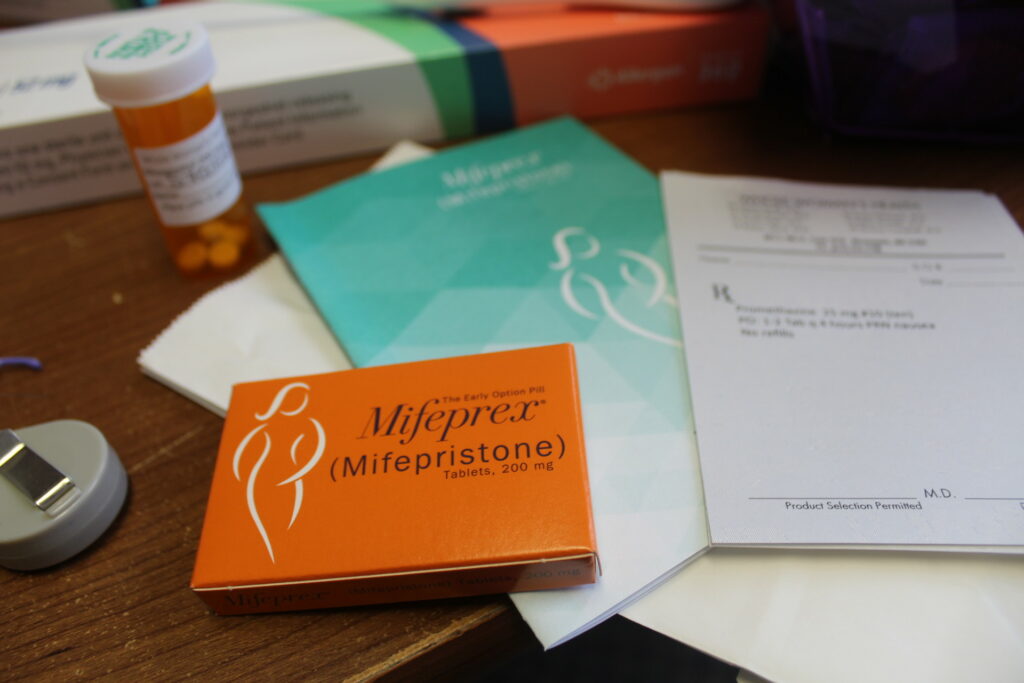In case the Plan B a woman picks up at Walgreens doesn’t do the trick, she now has another option. Walgreens and CVS have announced their intention to carry and sell the abortion pill mifepristone, after the FDA dropped a rule prohibiting drug stores from doing so in early January. (Formerly, the only way to obtain mifepristone was in person, at a provider’s office, hospital, or other medical facility.)
The implications of this change are profound.
Firstly, and now that the USPS can legally deliver abortion pills to any state regardless of that state’s standing on abortion, the ground is being laid for abortion-friendly states to push abortion into pro-life states.
Secondly, the new changes in policy jeopardize conscience protections for pharmacy workers especially. While many states have conscience clauses on the books protecting healthcare workers or hospitals, only a few have similar laws in place for pharmacists.
And finally, the expanded access will endanger more women. Although mifepristone is often presented as totally safe, the fact is that we don’t really know, because in the U.S., abortion data reporting is abysmally poor and unreliable. What data we do have suggests that emergency room visits following the use of mifepristone are over 50% more likely than following a surgical abortion, and that such visits are increasing (likely as access to mifepristone has continued to increase).
International data from countries where abortion data is better tracked also suggest the drug isn’t as safe as the FDA claims. One study out of Finland found that a fifth of all takers of mifepristone faced complications. Another study out of Sweden found that those who took the drug at home had a much higher risk of complications than those who took it at a hospital. The reasons are many. Mifepristone is only recommended until week 10 after a missed menstrual period, but women who are irregular or simply don’t keep track of their cycles very well can often miss that window and take the drug later than intended. Similarly, the drug can be dangerous for ectopic pregnancies.
In short, this is bad news—for women, babies, the pro-life movement, pharmacists, and all of us. Since the overturning of Roe, agencies are hard at work trying to figure out how to get around pro-life legislation. We must be vigilant in keeping up the fight.
